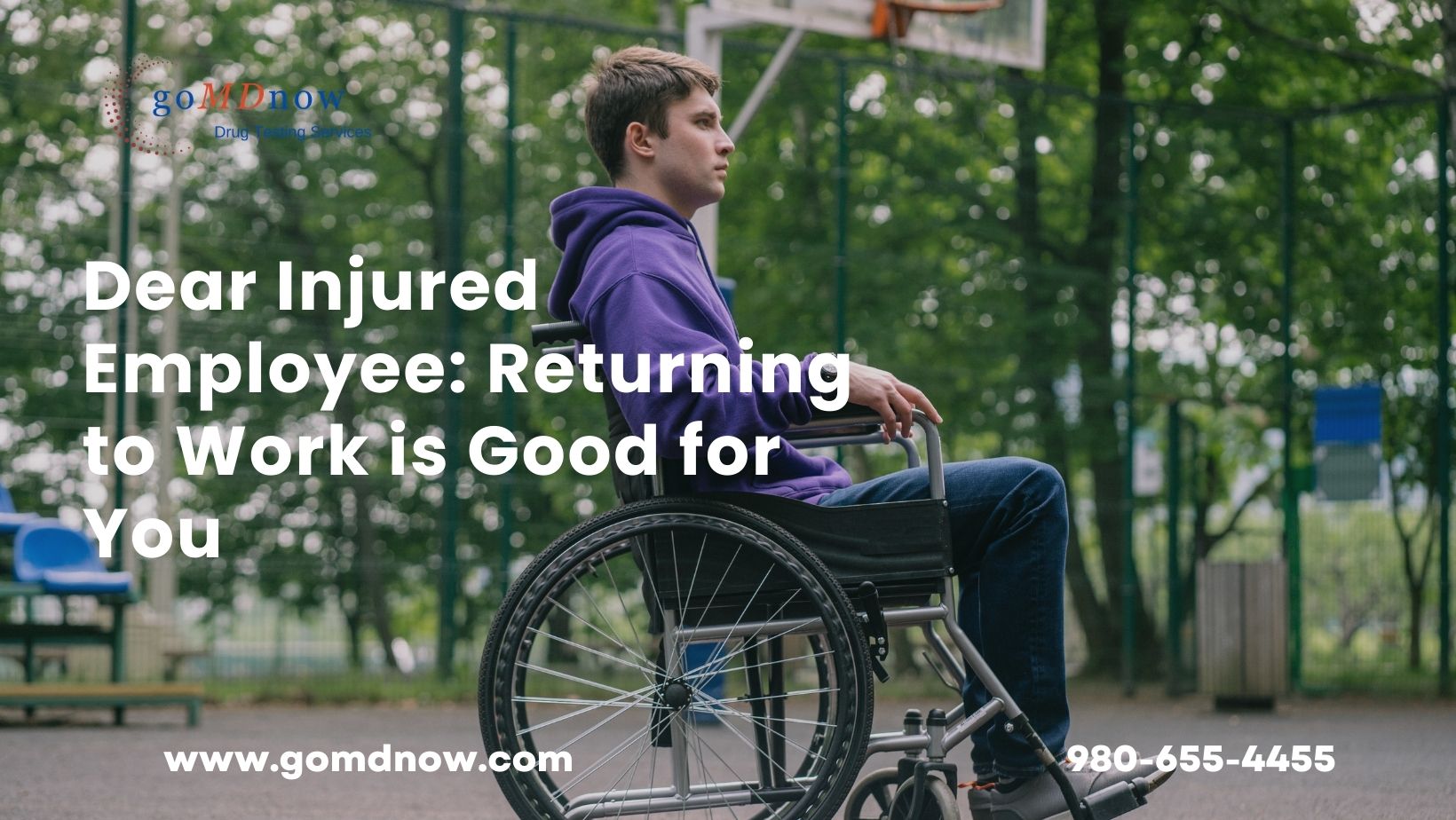
Sustaining an injury at work can be physically and emotionally challenging. While it might seem daunting to return to your job, rejoining the workforce after an injury offers numerous benefits for your recovery, well-being, and overall quality of life. This blog explores why returning to work is good for you and how to make the transition smoother.
1. Boosts Mental Health
Staying at home during recovery may initially seem comforting, but prolonged isolation can lead to feelings of anxiety or depression. Returning to work helps you:
- Rebuild Routine: A structured day promotes mental well-being.
- Stay Connected: Engaging with colleagues fosters social interaction and reduces feelings of isolation.
- Regain Purpose: Contributing to meaningful work boosts confidence and morale.
2. Aids Physical Recovery
Contrary to popular belief, returning to work (with modified duties, if necessary) can accelerate your physical recovery. Engaging in light tasks within your capacity keeps your body active, which may prevent stiffness and improve mobility.
3. Financial Stability
Returning to work helps you maintain or regain financial independence. Workers’ compensation benefits provide temporary support, but they are typically limited. Resuming work ensures a steady income stream and reduces financial stress.
4. Strengthens Job Security
Returning to work promptly demonstrates commitment to your role. This reassures employers of your dedication and increases your chances of retaining your position or advancing in your career once fully recovered.
5. Fosters a Sense of Achievement
Completing tasks and contributing to your workplace after an injury reinforces your sense of accomplishment. It reminds you of your capabilities and helps you regain confidence in your skills.
Tips for a Smooth Return to Work
- Communicate with Your Employer: Discuss your recovery progress and any work restrictions with your employer. Most workplaces can accommodate light-duty tasks or reduced hours during recovery.
- Utilize Workplace Resources: Many employers offer resources like Employee Assistance Programs (EAPs) to support returning employees.
- Follow Medical Guidance: Work closely with your healthcare provider to ensure your return aligns with your physical capabilities.
- Leverage Transitional Duty Programs: Participate in programs that allow you to gradually increase your workload as your recovery progresses.
Employers’ Role in Supporting Recovery
A supportive work environment can make all the difference. Employers should:
- Implement flexible work arrangements to accommodate recovering employees.
- Provide access to occupational health programs.
- Maintain open communication to address employee concerns.
At goMDnow Drug Testing Services Centers, we assist businesses in fostering safe and supportive workplaces. Our services, such as drug and alcohol testing and return-to-duty processes, ensure compliance and well-being for all employees.
Order online at www.gomdnow.com or call 980-655-4455 for more information.
Conclusion
Returning to work after an injury isn’t just beneficial—it’s an essential part of recovery. By re-entering the workplace, you regain stability, confidence, and a sense of purpose. With the right support from employers and medical professionals, this transition can be a positive and empowering step forward.